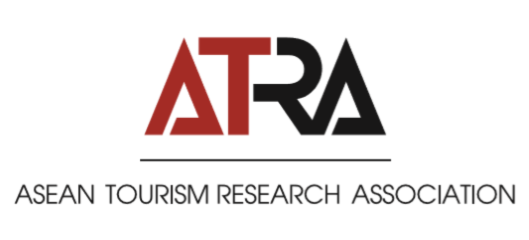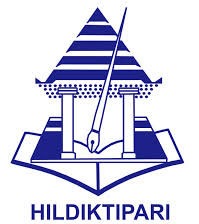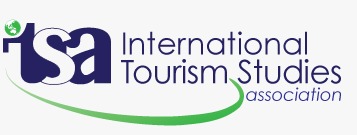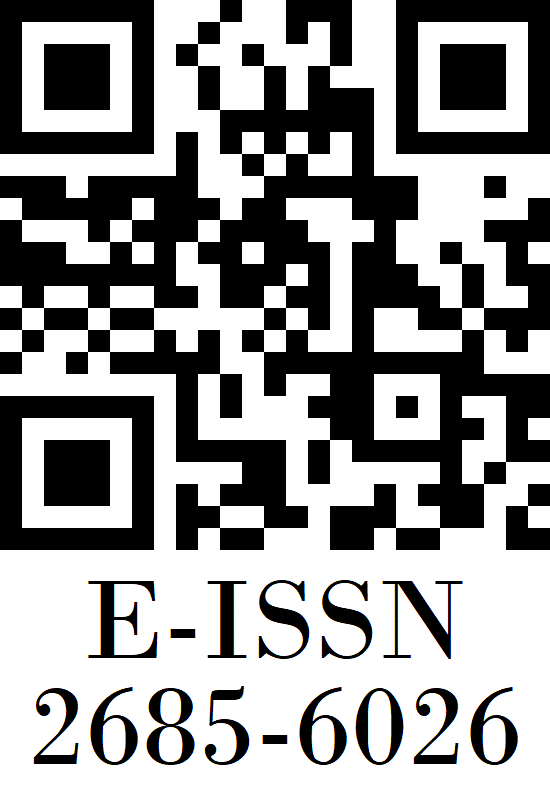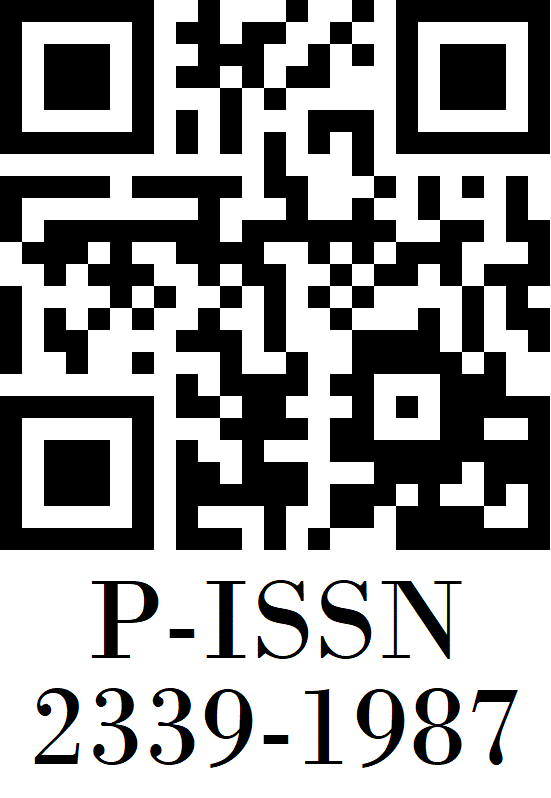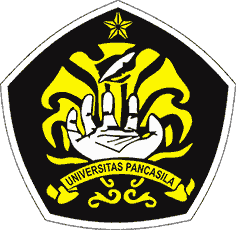PENYAMPAIAN KELUHAN KONSUMEN SURABAYA DI HOTEL BINTANG LIMA
Abstract views: 293 | pdf (Bahasa Indonesia) downloads: 284
Abstract
Abstract: Tourism is one of many business that developed as time goes by. Many hotels have been built not only in a big city but also in a small city. Hotel which have many kind of variation and stars can influence consumer’s expectation. Higher expectation tend to be more difficult to fulfilled. When a hotel failed to meet up to that expectation, then it can cause consumer to make a complaint. This study intended to knowing the segmentation of Surabaya’s consumer who made a complaint in a five stars hotel in terms of demographic, culture, and character. Method of data processing is done by using validity and reliability tests. Meanwhile data analysis method that used in this research is the analysis factor and cluster analysis, which were derived from data collected from the questionnaire that has been filled out and processed. Through these datas, turn out 12 factors and 3 cluster with the majority cluster from Surabaya’s consumer is inertia.
Keyword : Complaint, consumer, cluster
References
Cooper, D.R & Schindler, P.S. 2006. Business research methods. New York: Mc.Graw-Hill.
Hammad, M.M. 2016,July. “The Negative Behavioural Consequences of Customer Personality Traits in Unrecoverable Service Failure Settings: The Big Five Inventory in Relation to Negative Word-of-Mouth”. Conference: Academy of Marketing, Newcastle Business School, Northumbria University, Newcastle upon Tyne, UK.
Hawkins, D.I, Best, R.J, Coney, K.A & Author, C. 2004. Consumer behaviour: building marketing strategy. New York: Mcgraw-Hill.
Hawkins, D.I, Mothersbaugh, D.L & Best, R.J. 2007. Consumen behaviour building marketing strategy. New York: Mcgraw-Hill.
Hofstede, G, Hofstede, G.J & Minkov, M. 2010. Cultures and organizations, USA: McGrawHill.
Kim, M.G, Wang, C & Matilla, A.S. 2010,April. “The relationship between consumer complaining behavior and service recovery: an integrative review”, International Journal of Contemporary Hospitality Management, 22(7):975-991.
Kotler, P. 2003. Marketing management. England: Pearson Education.
Kotler, P & Keller, K.L. 2009. Managemen pemasaran. (Bob Sabran, Trans). Jakarta: Penerbit Erlangga.
Kotler, P & Amstrong, G. 2016. Principles of marketing:16e. London: Pearson Education.
Kotler, P & Keller, K.L. 2012. Marketing management:14e. London: Pearson Education.
Kotler, P & Keller, K.L. 2016. Marketing management:15. London: Pearson Education
Ming-Yi, W, Maureen, T & Mong-Ju, C. 2001, June. “Exploring societal and cultural influences on taiwanese public relations”. Department of Communication Rulgers University, New Brunswick, NJ 08901, USA.
Mohamad, S.N. 2012, September. “Confirmatoy Factor Analysis On The Big 5 Personality Test Inventory”. Universiti Tunku Abdul Rahman (UTAR), Malaysia International Islamic University Malaysia (IIUM).
Mooij, M.D. 2011. Consumer behaviour and culture: Consequences for global marketing and advertising. Singapore: SAGE.
Ngai, E.W.T, Heung, V.C.S, Wong, Y.H & Chan, F.K.Y. 2006, August. “Consumer complaint behaviour of asians and non Asians about hotel services”, European Journal of Marketing, 41(11/12): 1375-1391.
Park, S.G, Kim, K & O’neill, M. 2014,June. “Complaint behaviour intentions and expectation of service recovery in individualistic and collectivistic culture”, International Journal of Culture, Tourism and Hospitality Research, 8(3): 255-271.
Pizam, A, Shapoval, V & Ellis, T. 2015. “Customer satisfaction and its measurement in hospitality enterprise: a revisit update”. International journal of hospitality industry, 28(1): 2-35.
Santoso, S & Tjiptono, F. 2004. Riset pemasaran: konsep dan aplikasi dengan SPSS. Jakarta, Indonesia : PT. Elex Media Komputindo.
Su, A,Y. 2004. “Customer satisfaction measurement practice in Taiwan hotels”. Journal hospitality management,23: 397-408.
Sugiyono. 2003. Metode penelitian bisnis. Bandung: Alfabeta.
Suhartanto, D. 2014. Metode riset pemasaran. Bandung: Alfabeta.
Supranto, J. 2010. Analisis multivariat. Jakarta: Rineka Cipta.




